In today’s data-rich environment, businesses recognize the need to be data-driven; however, effectively acting on that data begins with descriptive analytics. Before a business can predict outcomes or optimize operations, it first needs to understand what has already happened. Descriptive data analytic provide critical insights hidden in historical data to paint a comprehensive picture of past performance.
From executive dashboards to operational reporting, descriptive data analytic provides the foundation for strategic decisions. In this blog, we’ll explore what descriptive analytics is, how it compares to other analytics types, and how leading organizations are building scalable data capabilities, often with the help of trusted data partners like WeCloudData.
What Is Descriptive Analytics?
Data analytics is divided into four categories: Descriptive, Diagnostic, Predictive, and Prescriptive analytics. Descriptive Analytics answers the question “what happened?” by analyzing historical data to uncover trends, measure performance, and summarize outcomes.
It gives a clear snapshot of past data to understand the key factors that contributed to specific situations.
According to Harvard Business School, descriptive analytics makes up nearly 80% of all data analysis efforts in business. This makes it essential for companies just beginning their data transformation journey.
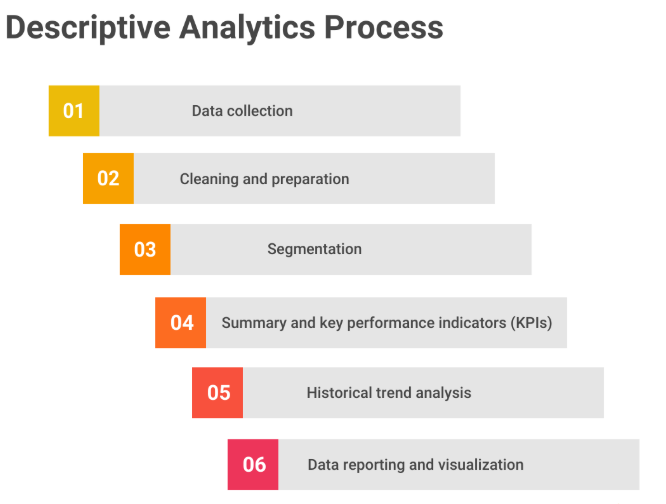
At WeCloudData, we work with enterprises to build the dashboards, pipelines, and workflows that bring descriptive analytics to life. WeCloudData offers hands-on training programs in both Power BI and Tableau, enabling business teams to build and maintain their dashboards with confidence. These courses are designed for working professionals, no prior tech background required, and are ideal for organizations looking to build self-service BI capabilities in-house.
Descriptive Analytics vs Predictive Analytics
A common point of confusion in discussions is the distinction between descriptive vs predictive analytics. Want to learn more about Predictive analytics? This blog might help: What Is Predictive Analytics: How Businesses Are Using It.
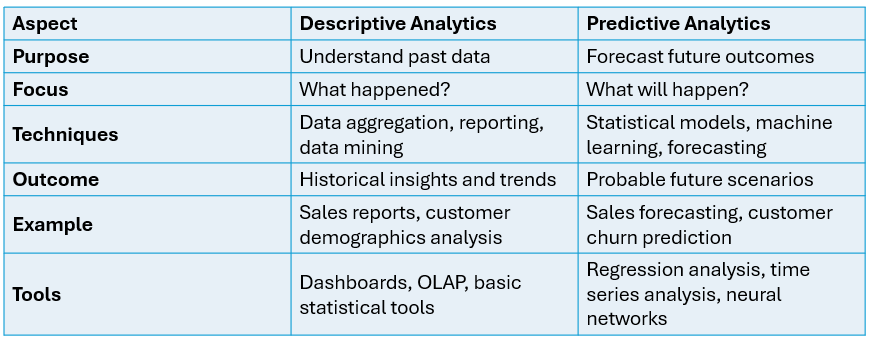
Why Descriptive Analytics Matters for Business
Businesses across industries depend on descriptive analytics to:
- Track performance: Sales trends, marketing campaign ROI, and operational metrics.
- Spot inefficiencies: Identifying bottlenecks in processes or service delivery.
- Enhance customer understanding: Segmenting customer behavior and purchase history.
- Monitor KPIs in real time: Through dashboards and data visualization tools.
- Drive better reporting: By translating complex data into digestible formats for stakeholders.
Descriptive analysis not only explains the past but also highlights areas for improvement, setting the stage for innovation and optimization for the business.
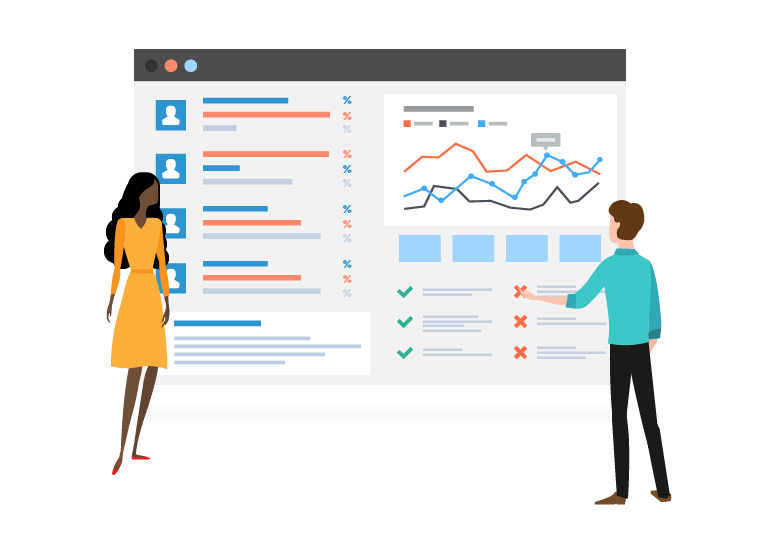
Descriptive Analytics in Action: Business Use Cases
Let’s look at how different sectors are leveraging descriptive analytics:
1.Retail
Retailers use descriptive analytics techniques to track historical sales, return rates, and seasonal buying behavior. This enables better inventory planning and promotional targeting.
2. Finance
Financial analysts rely on descriptive dashboards to summarize profit/loss statements, track portfolio performance, and flag anomalies in cash flow.
3. Healthcare
Hospitals and health systems use it to analyze patient data, hospital admission rates, and treatment outcomes, often in preparation for predictive and prescriptive data insights.
4. Marketing
Marketers use web traffic and campaign data to understand what content resonates, which channels drive engagement, and where to focus their efforts next.
5. Supply Chain & Logistics
In supply chain, it helps measure the delivery performance and order fulfillment to improve efficiency and reduce costs in the supply chain and logistics.
At WeCloudData, we help businesses turn data insights into a strategic capability through industry-recognized courses, corporate training programs, hands-on workshops, and immersive bootcamps. Our offerings are designed to upskill teams, bridge knowledge gaps, and build real-world data expertise within your organization.
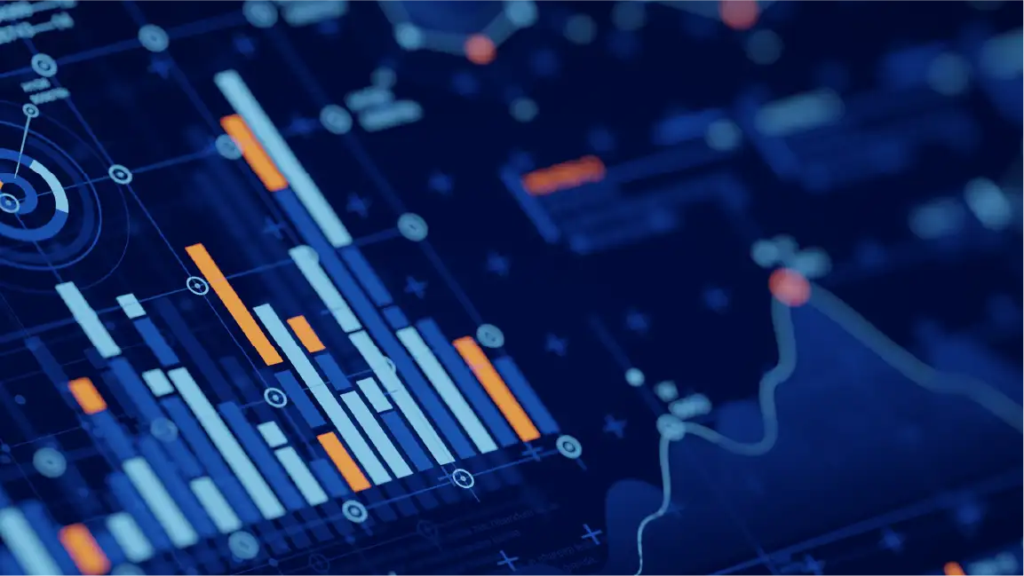
Powered by WeCloudData: Learn, Build, and Succeed with Descriptive Analytics
At WeCloudData, we equip professionals and enterprises with the knowledge and tools to succeed in every stage of the data journey, starting with descriptive analytics.
Here’s how WeCloudData helps future data leaders and organizations:
✅ Top-Rated Training Programs in Data Analytics, Business Intelligence, Python, and SQL ✅ Real-World Project Experience using industry datasets and enterprise BI tools. ✅ Enterprise Consulting Services to help companies build dashboards, automate reporting, and integrate descriptive analytics into daily operations. ✅ Talent Solutions that connect businesses with highly skilled professionals trained by WeCloudData.
Whether you’re looking to launch a data career or build a reporting solution using descriptive analytics, WeCloudData is your trusted partner.
👉 Ready to build your team’s data capabilities or start your analytics journey?
Visit weclouddata.com to explore our programs, consulting services, and talent solutions.
